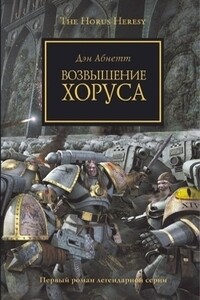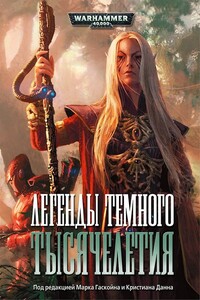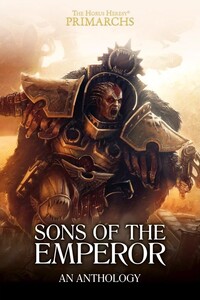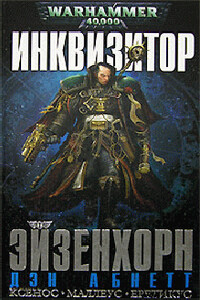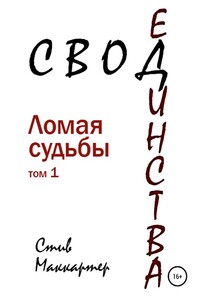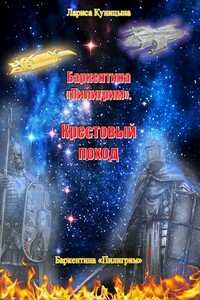Eisenhorn Omnibus - страница 70
Then two massive hives of Thracian Primaris rose in open revolt. Thousands of workers, tainted by the corrupt touch of Chaos, took to the streets, burning, looting and executing. They displayed the obscene badges of Chaos openly.
The Lord Militant's plans for a crusade into the Ophidian sub-sector were now indefinitely postponed. Battlefleet Scarus left anchor and made best speed to suppress the Thracian uprising.
But that was only the first. Open revolt exploded through the suburbs of Sameter's capital city and, a day later, a civil war erupted on Hesperus. In both cases, the stain of Chaos was there.
This miserable, shocking period is referred to in Imperial histories as the Helican Schism. It lasted eight months, and millions died in open warfare across those three worlds, not to mention hundreds of lesser incidents on other planets, including Gudrun. The Lord Militant got his holy crusade, though I am sure he hardly expected to be waging it against the population of his own sub-sector.
The authorities, and even my worthy fellow inquisitors, seemed stunned to the point of inactivity by this unprecedented outbreak. The archenemy of mankind often acted openly and brutally, but this seemed to defy logic. Why, after what may have been centuries of careful, secret establishment, had the hidden cults risen as one, exposing themselves to the wrath of the Imperial military?
I believed the answer was the 'true matter'. Urisel Glaw's almost gleeful resistance to our methods convinced me. The archenemy was embarked upon something so momentous that it was prepared to sacrifice all of its secret forces throughout the sub-sector to keep the Imperium occupied.
I believed, with all conviction, that it would be better for planets to burn than for that 'true matter' to be accomplished.
Which is why I went to Damask.
THIRTEEN!
Damask.
North Qualm.
Sanctum.
Under a leaden, rusty sky, the ball-tree forests followed the wind.
They looked like thick herds of bulbous livestock, surging across the rolling sweeps of scree, and the jostling, clattering noise they made sounded like hooves.
But they were trees: pustular, fronded globes of cellulose swelled by lighter-than-air gases generated from decomposition processes deep inside them. They drifted in the wind and dragged heavy, trailing root systems behind them. Occasionally, the pressure of one ball-tree against another caused a gas-globe to vent with a moaning squeal forced out through fibrous sphincters. Plumes of gas wafted above the tree herd.
I climbed to the top of a low plateau, where the bluish flint and gravel were caked in yellowish lichens. A couple of solitary ball-trees, small juveniles, scudded across the hill's flat summit. In the centre of the plateau's top stood a rockcrete pylon marker, commemorating the original landing place of the first settlers who had come to Damask. The elements had all but worn away the inscription. Standing by the marker, I slowly turned and took in the landscape. Black flint hills to the west, thick ball-tree forests in the wide river valley to the north, leagues of thorn-woods to the east, near to where we had set down, and grumbling, fire-topped volcanoes to the south, far away, sooting the sky with threads of sulphurous brown smoke. Clouds of small air-grazers circled over the
forests, preparing to roost for the night. A surly, scarred moon was rising, distorted by the thick amber atmosphere.
'Eisenhorn/ Midas called over the vox.
I walked back down the plateau slope, buttoning my leather coat against the evening breeze. Midas and Fischig waited by the landspeeder that they had spent the past two hours unstowing and reassembling from the gun-cutter's hold. It was an old, unarmed model and it hadn't been used for three years. Midas was closing an engine cowling.
'You've got it working, then,' I said.
Midas shrugged. 'It's a piece of crap. I had to get Uclid to strip in new relays. All manner of cabling had perished/
